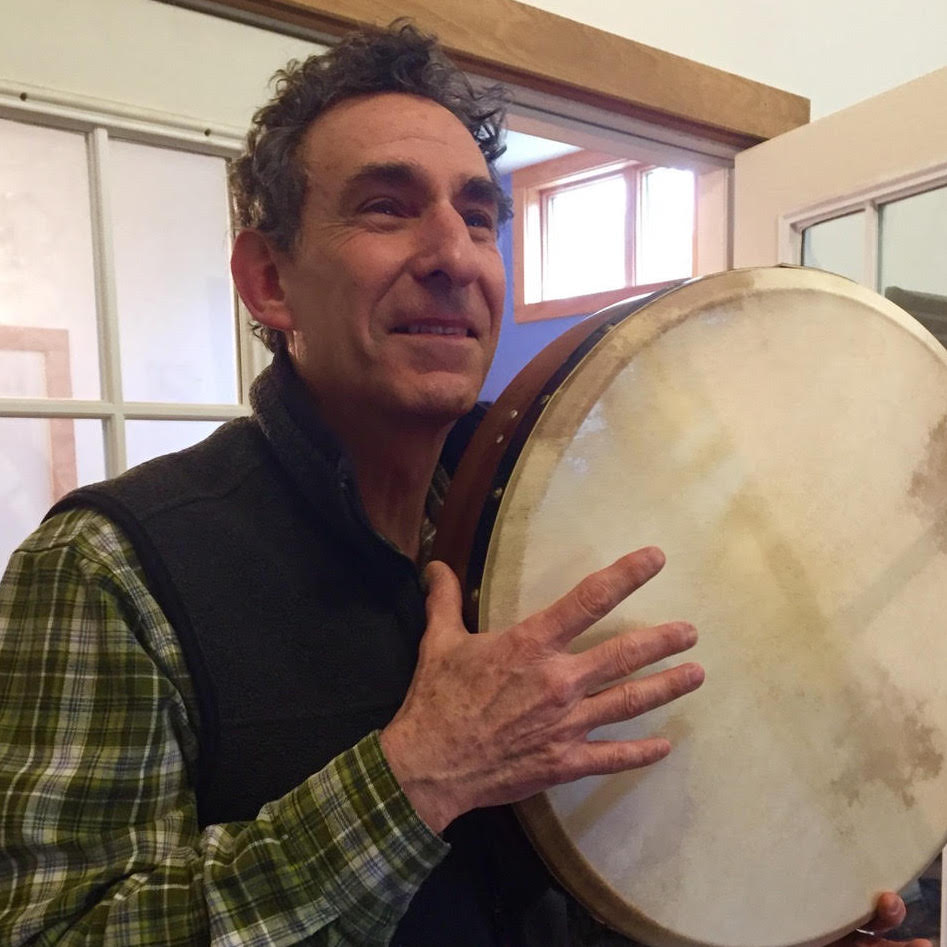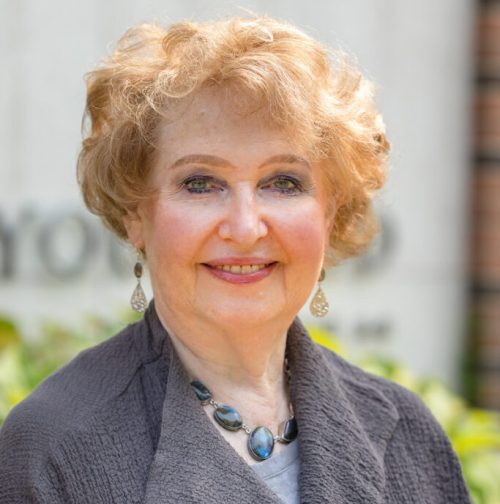AJR’s Cantorial Program trains the future leaders of Jewish prayer to learn the art of building community through the gifts of music, to raise the cantorial voice in the service of peace and harmony, and to enliven a personal love for the Jewish people.

“When cantors perform, sing, chant, by themselves, as soloists, they can have an enormous affect on people. But when people sing together, it is healing in a way that is essential.”
– Hazzan Michael Kasper, Dean of Cantorial Studies
Recognizing the evolving role of the cantor or hazzan, who functions as a spiritual leader of the Jewish people, AJR pioneered the full ordination (semikhah) of cantorial students as Hazzan uMoreh/Morah b’Yisrael (Cantor and Teacher in Israel).
Our vision is for the cantor to be a living resource of all aspects of Jewish musical tradition with a profound mastery of the melodies and chants for all approaches to Jewish prayer. They should have proficiency in chanting Torah, Haftarah, and the Megillot (Scrolls) and knowledge of all aspects of Jewish musical tradition as well as contemporary Jewish music repertoire. The contemporary cantor is also charged with leadership and responsibility in many other areas, and must be familiar with classical Jewish texts, Biblical traditions, contemporary Judaic scholarship, education, and the skills of working with individuals and communities in times of joy and sorrow.
Program Requirements
Below is an overview of the Cantorial Program requirements. A full description can be found in the Academic Catalog.
There are currently 140 academic credits, 4 trimesters of Core Concepts Seminar, two half terms of Clergy Formation Seminar, and 1 unit of CPE required for ordination (Master’s of Jewish Studies included). Student must also demonstrate proficiency with an instrument.
Students have the flexibility to choose the pace at which they are comfortable studying. Those who want to study full-time all year round can finish the program in four years (provided they enter with a high level of Hebrew). Others will choose to study at a more measured pace, finishing the program in five years or longer, when completed through part-time study
All matriculated cantorial students are required to attend the Fall and Spring Gatherings.
“The exposure to the full spectrum of Jewish thought that I had while a student at AJR has enabled me to serve not only my Reform congregation as cantor, but to be a leader in the greater Jewish community as a director of interdenominational Jewish choirs. These groups have been invaluable in creating a united Jewish community.”
-Cantor Anna Ott (’98)

Vocal and Musical Training and Coaching
Vocal instruction is an integral part of the professional training of a cantor. All students are encouraged to take voice lessons throughout their Academy cantorial studies. This instruction is arranged privately by the student, who is responsible for all associated costs. Advisers are available for guidance and will periodically discuss with students their vocal progress.
Every matriculated cantorial student is required to be coached by a cantorial instructor each fall and spring trimester that they are enrolled at AJR. In addition, students are required to study Musical Skills until they reach the required standard in the areas of harmony, conducting, sight-singing, and ear training. An intermediate level of keyboard proficiency will be required; an alternate instrument may be approved. The required standards are described in the Academic Catalog, and may be demonstrated by completing specified levels of study in another approved program. Students with advanced training (preferably at the graduate school or conservatory level) may be exempted from all or part of these requirements. In any case of doubt, students seeking exemption will demonstrate their abilities through an AJR Music Competency Examination.
The Cantorial Practicum
A practicum is expected of all matriculated students during the course of each year. Every student, regardless of Advanced or Accelerated Standing, that is, even if they are able to complete the program more quickly, shall present at least two practica during the course of their studies. The topic for each practicum will be assigned by the Dean of Cantorial Studies in consultation with the student.
Comprehensive Examinations
All cantorial students must pass a series of Comprehensive Examinations: one in Hebrew, one in Cantillation, one in Life Cycle, World Jewish Repertoire, and the nushaot for all daily and yearly prayer services. All the examinations must be completed by the beginning of the fall trimester of the student’s senior year. The details of each Comprehensive Examination are to be found in the Academic Catalog.
Ritual Skills
The Academy admits students with varying levels of ritual proficiency. During their years of study, students will acquire crucial ritual skills. Students entering a cantorate open to all streams of Jewish life must be proficient in a wide array of these skills. Students will be required to demonstrate their competence in Ritual Skills by oral examination. No Advanced Standing may be earned by cantorial students in the area of Ritual Skills. For a list of the required Ritual Skills, see here.
Master’s Degree
All students in one of AJR’s regular Cantorial ordination track (i.e., not Rabbis to Cantors) who have not already earned a Master’s Degree in Jewish Studies (or a related field) for which they wrote a thesis or completed a Master’s Project are required to complete AJR’s Master’s Degree in Jewish Studies. The required credits for AJR’s Master’s Degree are built into the curriculum of the regular Cantorial ordination track and AJR will continue to transfer credits from all prior graduate level work to fulfill AJR course requirements as applicable. Thus, the Master’s Project is the only additional element required to earn AJR’s Master’s Degree beyond the 140 credits that are part of the regular Cantorial Program + MA curriculum.

